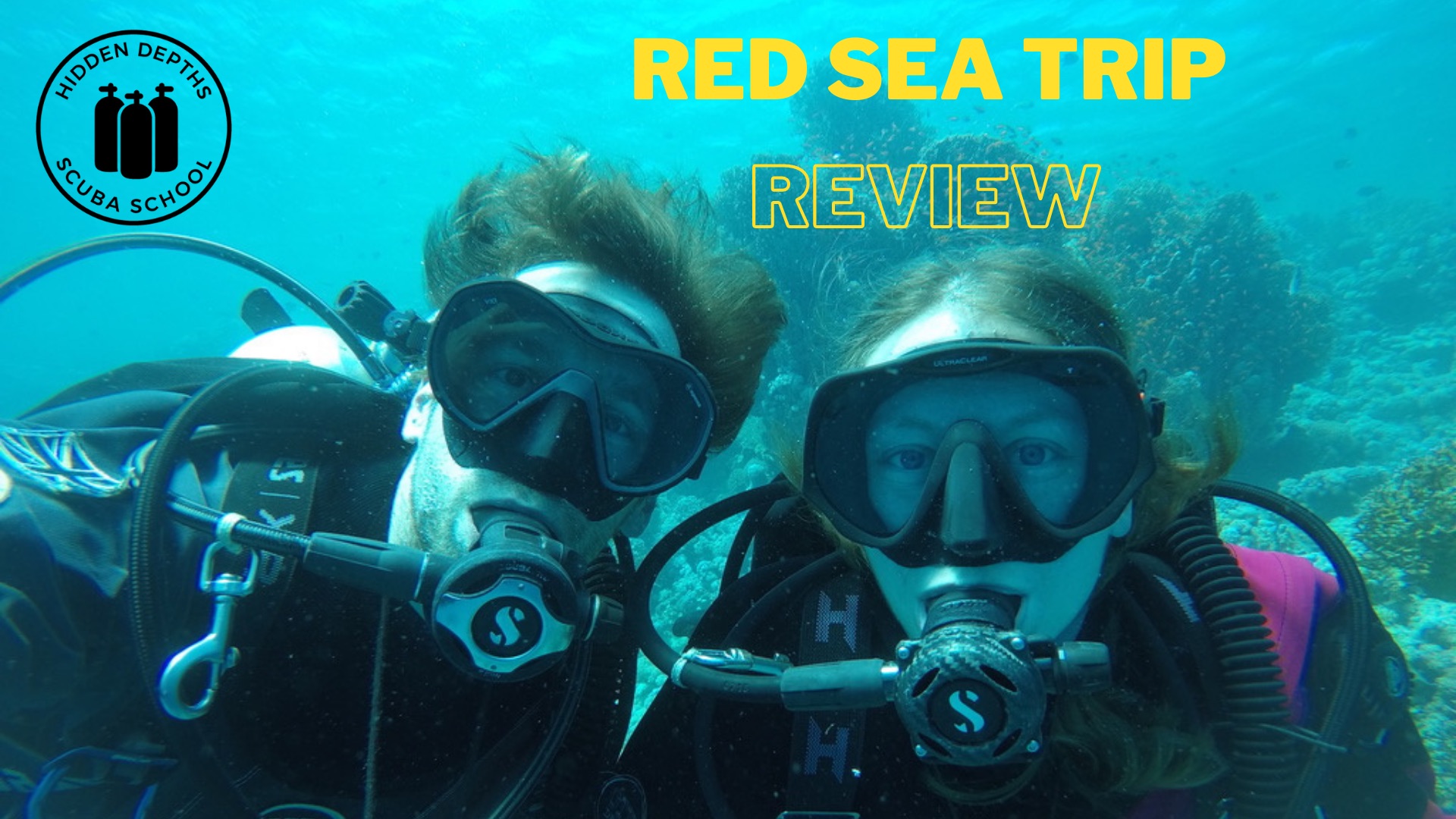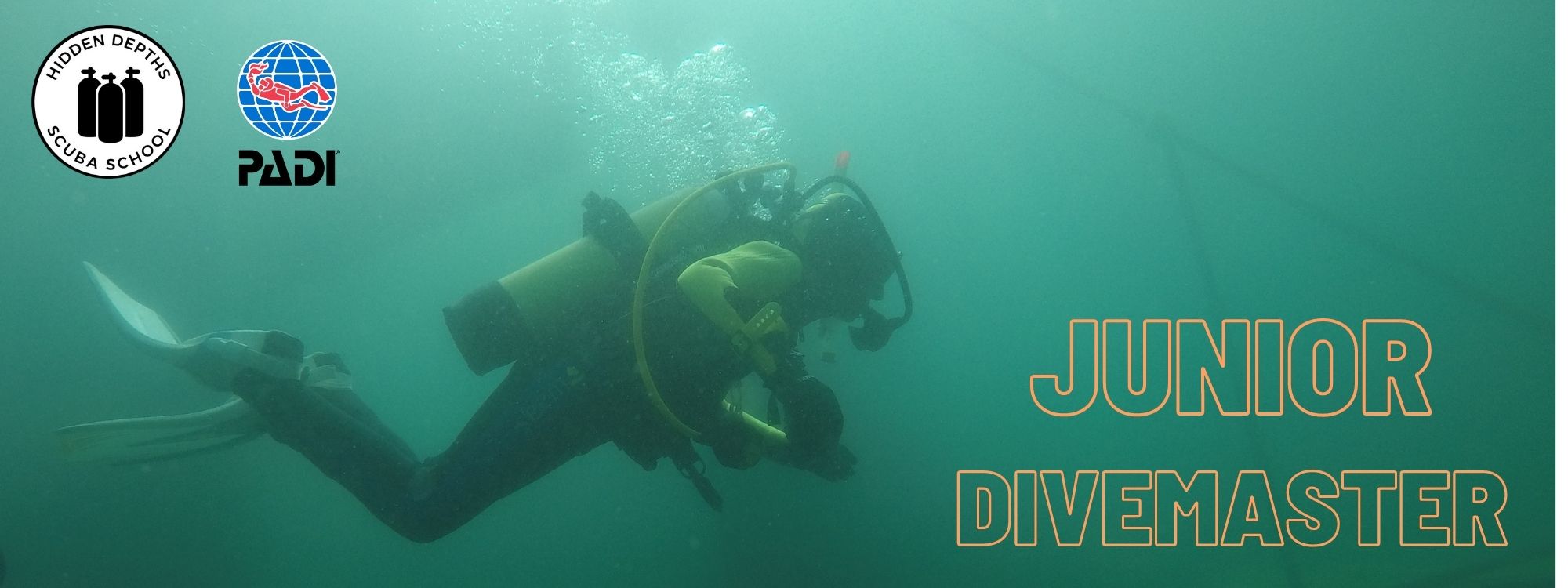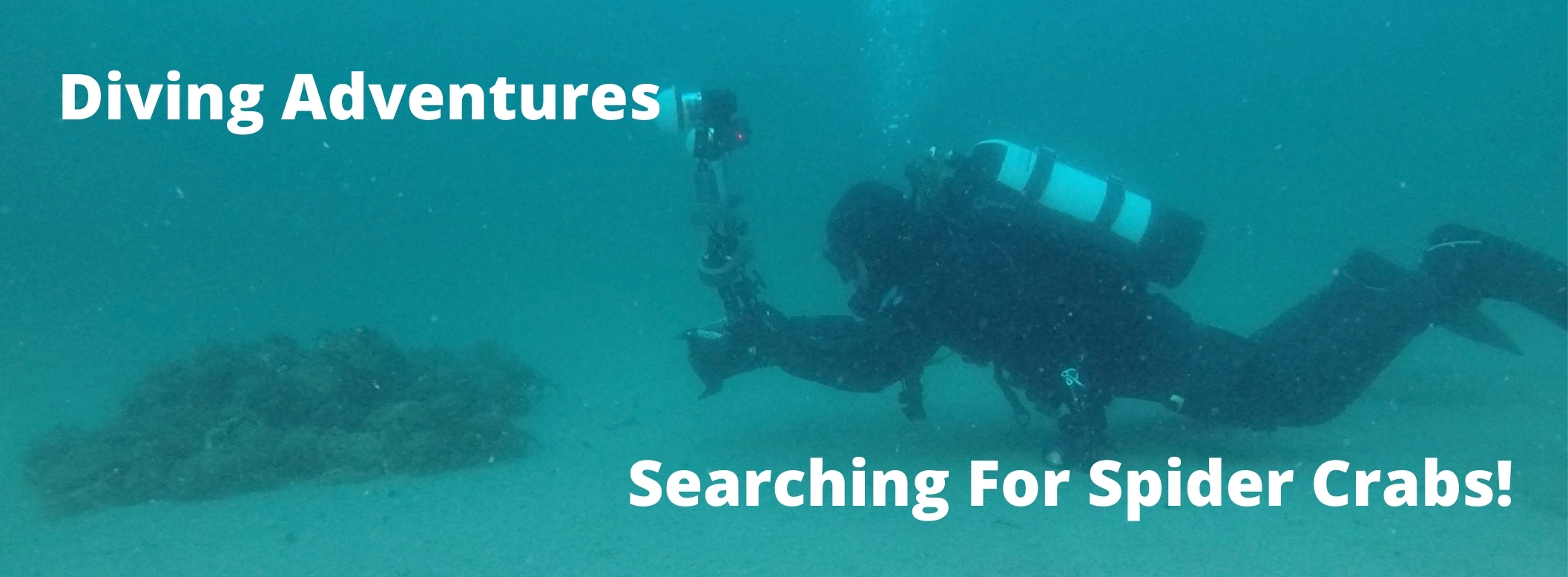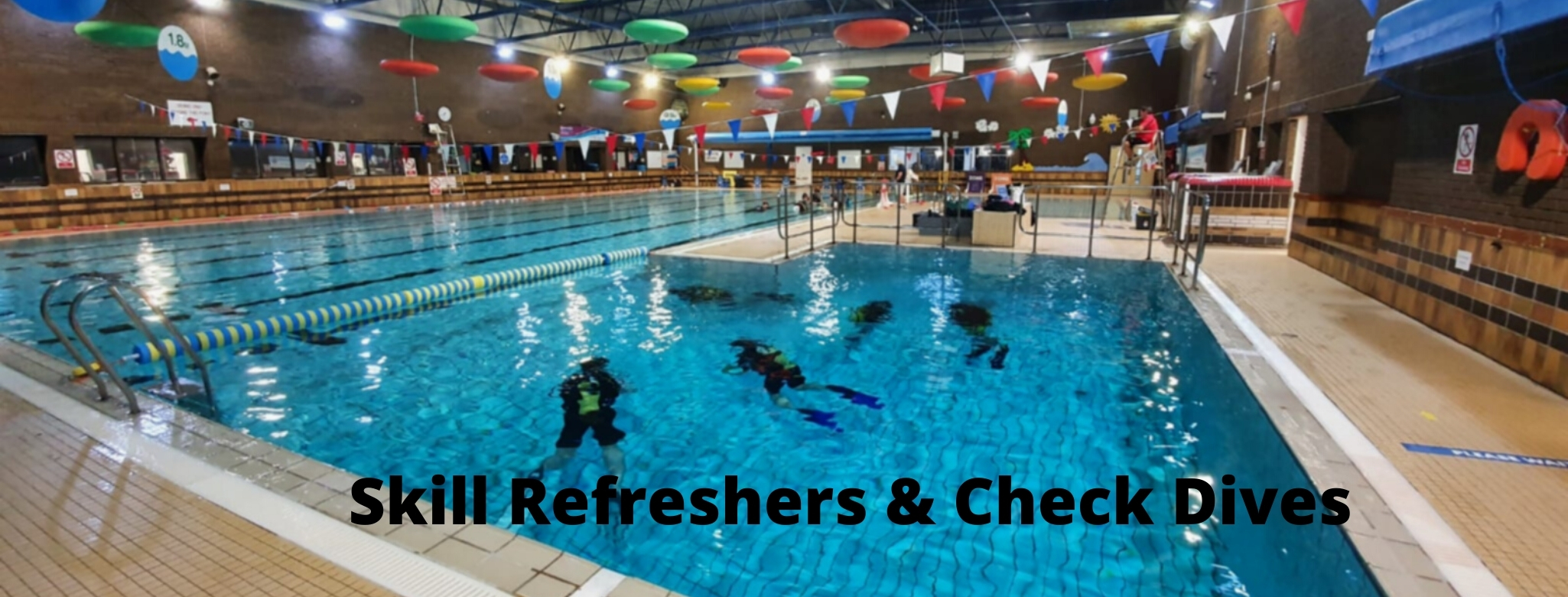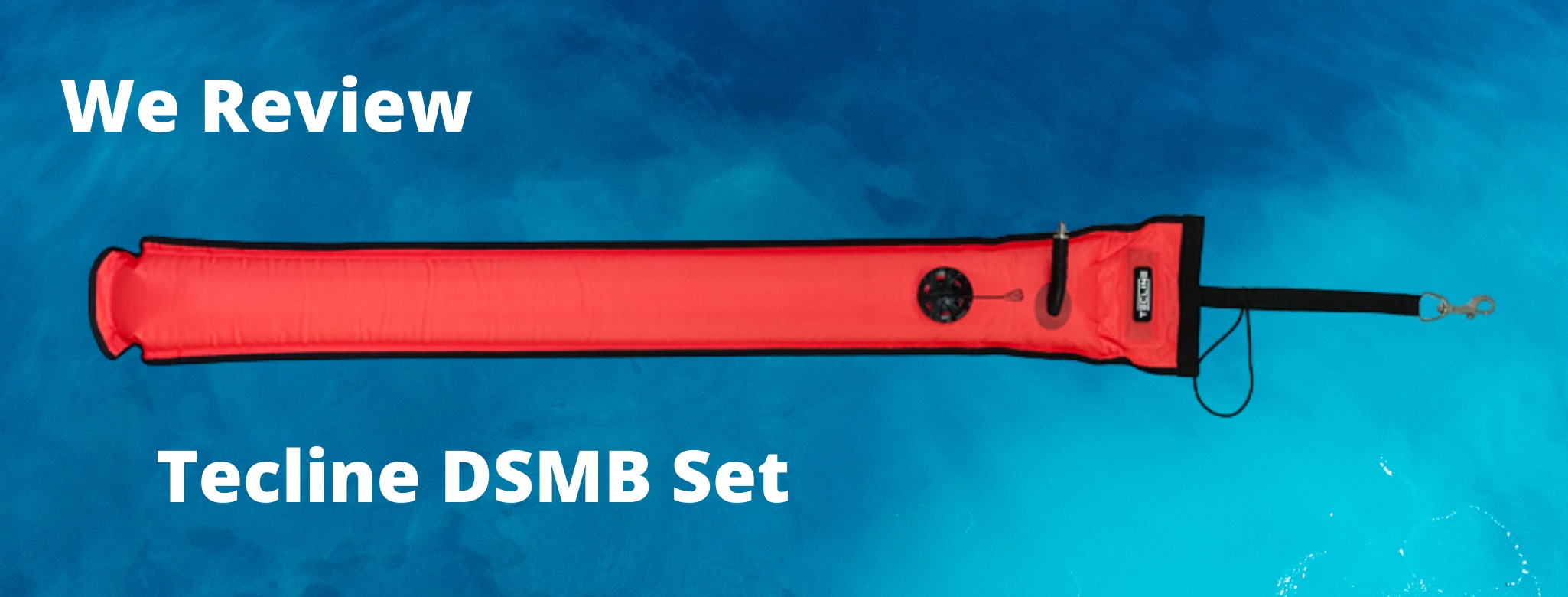Marine Conservation Society Beach Clean
MARINE CONSERVATION SOCIETY BEACH CLEAN
At times when you can’t get out and enjoy nature, you realise just how important nature, and natural places, are. With the current lock down in place due to the Corona Virus we’re all restricted to how much time we can spend outside, and this blog is going to look at some of the threats to these natural areas. The health of our oceans, beaches and other outdoor areas is vital to our enjoyment of such spaces, and we need to think about how we can help keep them in a state for everyone to enjoy.
The chance to take part in a Marine Conservation Society Beach Clean event was something I had long wanted to do, and so when an invitation came through to join one taking part a short distance from Bristol I had to take part. I’m in a fortunate position to be able to promote such events to our diving community, and it was great to see so many people from the dive club come and take part too.
Our beach clean focused on a 60m² survey area, on a busy stretch of beach near Weston-Super-Mare. After donning gloves, collecting a rubbish bag and nurdle pot, we set off. What happened over the next 90 minutes surprised me, and really highlighted to me what an issue we have to contend with.
During the survey the team of volunteers collected 7,134 items of debris, ranging from big items like a broken plastic bat, to smaller items like plastic sticks from discarded cotton buds. The vast majority of rubbish collected was plastic, and so much of it could easily be stopped before it arrives on the beach. We found many plastic bottles, bottle lids, straws and other single use plastic that had found its way into the ocean and washed up on our beach.

Every time you use an alternative to single use plastics, like reusable water bottles and coffee cups instead of disposable ones, you’re going to be helping reduce the plastic that ends up in our oceans. There are so many alternatives to plastic on the market, with companies offering bamboo cotton buds which are plastic free, biodegradable and sustainable – these won’t be getting washed up along our shore line like the hundreds we collected during the beach clean up event!
 We also made a big effort to collect tiny plastic pellets called nurdles, which are part of the manufacture of larger plastic products. As a team we collected 5,795 nurdles! They were found throughout the entire search area, and were so common once you started spotting them, you couldn’t look anywhere without seeing one to add to your pot. These nurdles float, so any that find their way into the sea, usually from spillage either at ports or from industrial facilities, stay on the surface of the water. Whilst on the surface, they get mistaken for prey by marine creatures and birds, where they cause major damage to the wildlife eating them. The contaminants they carry can also enter the food chain in this way.
We also made a big effort to collect tiny plastic pellets called nurdles, which are part of the manufacture of larger plastic products. As a team we collected 5,795 nurdles! They were found throughout the entire search area, and were so common once you started spotting them, you couldn’t look anywhere without seeing one to add to your pot. These nurdles float, so any that find their way into the sea, usually from spillage either at ports or from industrial facilities, stay on the surface of the water. Whilst on the surface, they get mistaken for prey by marine creatures and birds, where they cause major damage to the wildlife eating them. The contaminants they carry can also enter the food chain in this way.
This beach clean was one of the last to take place before the Marine Conservation Society took the decision to cancel all events due to the unfolding Corona Virus situation. This decision is clearly the right one to prioritise the safety of all the volunteers who take part in the clean up events, but it’s safe to say that the beaches will need our help even more once this is over. Please take the time to search for a local event near you, and join in to help the state of our planet.
Written by Greg Parker, PADI Master Instructor
First published - Mar 31, 2020

